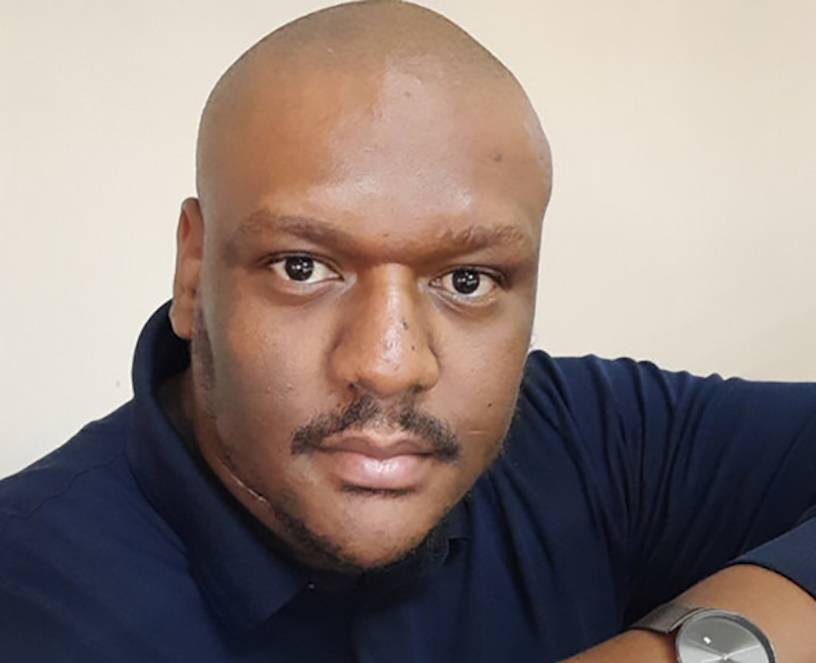When as many as 464 public schools in South Africa have elected to stop offering pure mathematics, the question is no longer about underperformance in mathematics, it is about absence.
While most of these schools still teach mathematics literacy, pure mathematics underpins engineering, science and certain types of problem-solving. When that subject is missing from the school curriculum, the long-term impact on learners and the economy is cause for concern.
Dr Judicial Sebatana, an education expert from the North-West University’s (NWU’s) Faculty of Education, says the reasons behind this shift are complex but interconnected. “There has been a shortage of mathematics teachers. At one stage, we had to rely on foreign nationals to teach maths and science,” he says.
Schools are also responding to performance pressures. According to Dr Sebatana, the pursuit of a 100% pass rate plays a significant role in discouraging learners from taking mathematics. “When learners fail mathematics, schools do not achieve a perfect pass rate. As a result, some schools encourage more learners not to take the subject.”
The consequences are wide-reaching. “Mathematics is the language of most engineering and science disciplines. It is also a prerequisite for entering many careers at higher education institutions,” says Dr Sebatana. He believes removing the subject from the curriculum undermines students' access to technical fields and their ability to navigate a data-driven economy.
Beyond academia and employment, there are deeper implications. “Surviving in everyday life requires one to be a critical thinker and a problem solver, skills which in many cases are acquired from doing mathematics,” he says.
To reverse the trend, Dr Sebatana outlines several strategies: “Teaching and learning strategies must be innovative and relevant for classroom content and context to align. The curriculum must be revisited to ensure it caters to both national and global goals.”
He adds that mathematics could be made compulsory again and that support must be expanded. “Extra financial support is needed for student teachers, current teachers and learners studying mathematics.”
Dr Sebatana also calls for greater collaboration between universities and the Department of Basic Education (DBE). “Institutions of higher learning must partner with the DBE to ensure the preparedness of newly qualified mathematics teachers.”
The decline of mathematics in public schools may be gradual, but its long-term effects are already in motion. For Dr Sebatana, halting the slide requires both urgency and coordination across sectors.

Dr Judicial Sebatana
